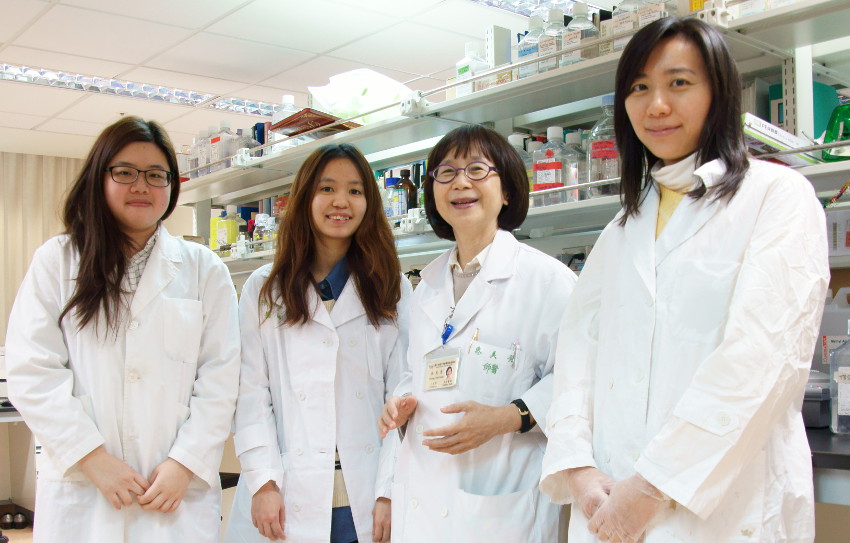 Liver cancer is the sixth most common cancer in the world and had the second highest death rate in 2012. Only about 5% of those who suffer from it survive for more than five years, according to the World Cancer Research Fund. It also plagues the developing world, including Asian countries, in particular Mongolia, Vietnam, Laos and China. But effective treatments are scarce.
Liver cancer is the sixth most common cancer in the world and had the second highest death rate in 2012. Only about 5% of those who suffer from it survive for more than five years, according to the World Cancer Research Fund. It also plagues the developing world, including Asian countries, in particular Mongolia, Vietnam, Laos and China. But effective treatments are scarce.
Hepatologist Mei-Hwei Chang of National Taiwan University (NTU) is trying to control liver cancer rates by focusing on the prevention of one of liver cancer’s main causes, the hepatitis B virus (HBV). Chang’s research has demonstrated, for example, that chronic HBV infection accounts for nearly every single instance of childhood liver cancer in Taiwan – especially important since infants can easily catch HBV from their chronically infected mothers.
Her team also demonstrated the effectiveness of a universal HBV vaccination programme in Taiwan, causing a drop of liver cancer in children and adolescents by about 70% – effectively saving the lives of large numbers of people and proving the importance of vaccines to prevent cancer. Her work even provided the first-ever follow-up evidence collected over 25 years on the effects of vaccination on preventing HBV infection.
Chang earned her medical degree at the College of Medicine, National Taiwan University (NTU), and received fellowship training at the University of California, Los Angeles School of Medicine, USA. She then established the pioneer fellowship training programme of paediatric gastroenterology, hepatology and nutrition in Asia.
She has since devoted her career to promoting the value of cancer-preventing vaccines through lectures at international conferences and more than 400 scientific articles. She is now the chairperson of the Hepatitis Research Center at NTU hospital and a distinguished chair professor of NTU.

